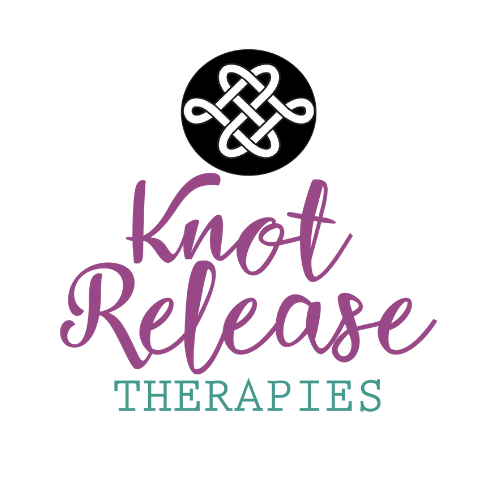Secrets of Sleep
Jed Heneberry
We've all heard it before: get your eight hours of sleep and watch your life improve. But the reason we've all heard it is because it's true, and research keeps showing the importance of sleep and its variety of health benefits.
The National Sleep Foundation says there is no "magic number" of hours for optimum sleep benefits, but that different age groups, and even different individuals, need different amounts of sleep. General recommendations are 7-8 hours per night for adults, while children often need 10-11 hours. Getting less than what you need has been linked to an increased risk of diabetes, heart problems, psychiatric conditions, and more.
Here's a quick look at some new findings that reveal the secrets of sleep, and also how to get more of it.
- Sleep Suppresses Appetite: Just one night of sleep loss can increase brain activity in the region that contains appetite sensation in response to food images, increasing the long-term possibility of becoming overweight. "Lack of Sleep Makes Your Brain Hungry," The Journal of Clinical Endocrinology Metabolism.
- Naps for Your Noggin: The right side of the brain, which is generally associated with creativity, is active during so-called power naps, while the left brain remains mostly quiet. While it is not clear what exactly is happening during these brief rest periods, researchers suspect the brain is conducting important memory tasks. "'Power Naps' May Boost Right-Brain Activity," Health.com.
- Cherry on Top: Drinking tart cherry juice increased melatonin in study participants, improving sleep efficiency, quality, and time. "Effect of Tart Cherry Juice on Melatonin Levels and Enhanced Sleep Quality," European Journal of Nutrition.
